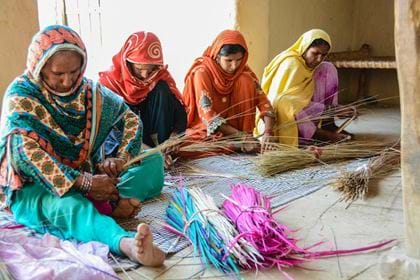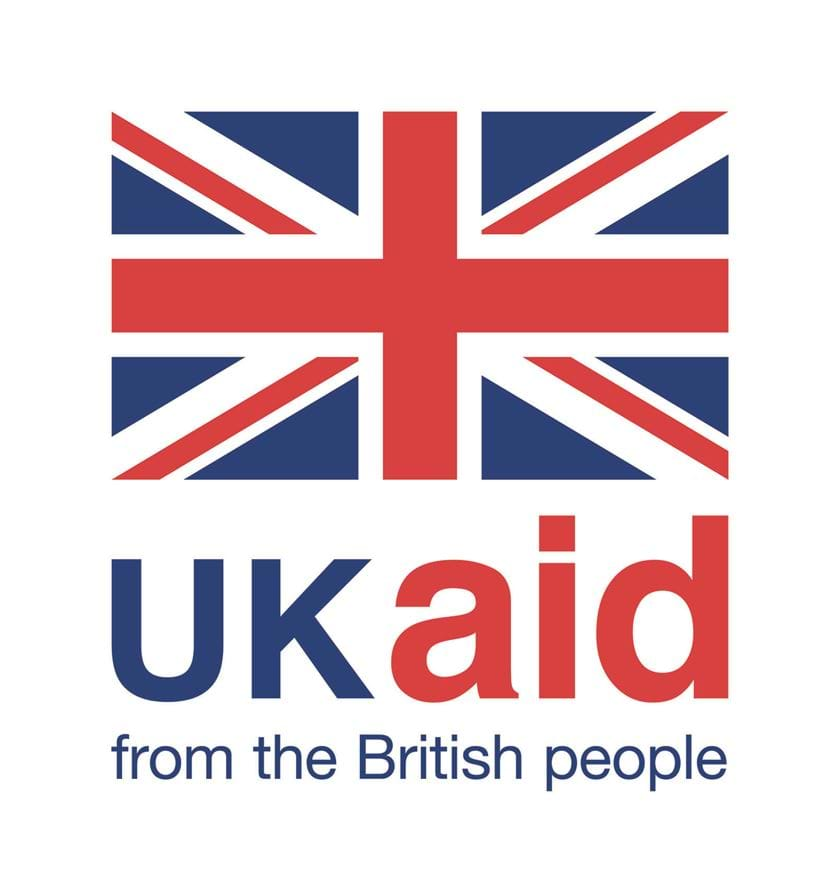Spotlight on Women’s Economic Empowerment: Financial inclusion for all

Our multi-million pound Women’s Economic Empowerment Programme in Pakistan is funded by the UK Government’s Department for International Development (now called the Foreign, Commonwealth & Development Office (FCDO) as of 2 September 2020). We take a closer look at our multi-pronged approach to this work, through a five-part blog series covering:
- Quality training
- Developing entrepreneurship
- Linking businesses to market
- Financial inclusion for all
- Access to decent jobs
While women have the drive, ideas and initiative to take control of their own future as innovators and entrepreneurs, many across the world are met with debilitating financial barriers which prevent them from participating in the economy and improving their own living standards.
We know that enabling access to credit opens doors for women, increasing their capacity to utilise alternative finance and offering a step in the right direction for greater independence and economic empowerment. But the International Financial Corporation estimates that over 70% of small and medium sized businesses owned by women are lacking the support they need from financial services.
Furthermore, many women have the difficult task of challenging cultural conventions in order to step out of the shadow of male family members.* Although women in Pakistan can open accounts in their own names, the ultimate decision-making authority is often in the hands of a male relative. This, coupled with a lack of financial education, is significantly limiting women’s capacity to utilise financial services.**
Our Women’s Economic Empowerment Programme aims to educate women through financial access and literacy, with additional business management training to ensure they are learning how to budget, save and plan and that they are supported through the process of opening bank accounts.
The work also focuses on developing loan applications and facilitating links to microfinance services, with the view of legislating grants and loans for women to boost their income generating activities. We will support women to set up loan repayment plans, so that timely repayments are made and a positive example is set for the next cohort of borrowing women.
Our main driver is to allow women the access they need to financial services which also increases awareness of their rights. Fundamentally, this will allow women to take control of their own future, giving them a better chance for a thriving and sustainable business.
By Anjana Raza, Head of Pakistan & Technical Lead Education Programme, British Asian Trust
* Impediments for women entrepreneurship development
** Expanding women’s access to financial services, The World Bank

